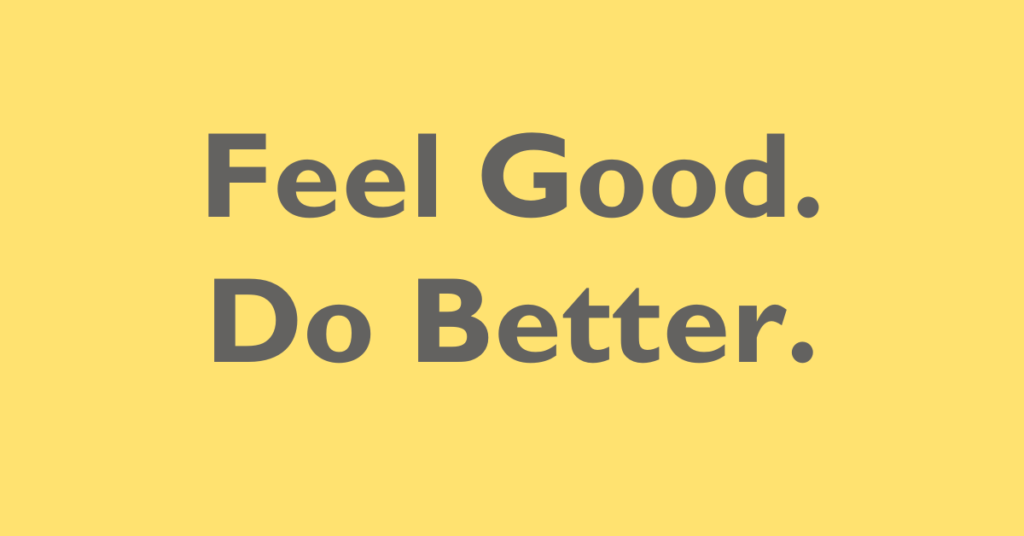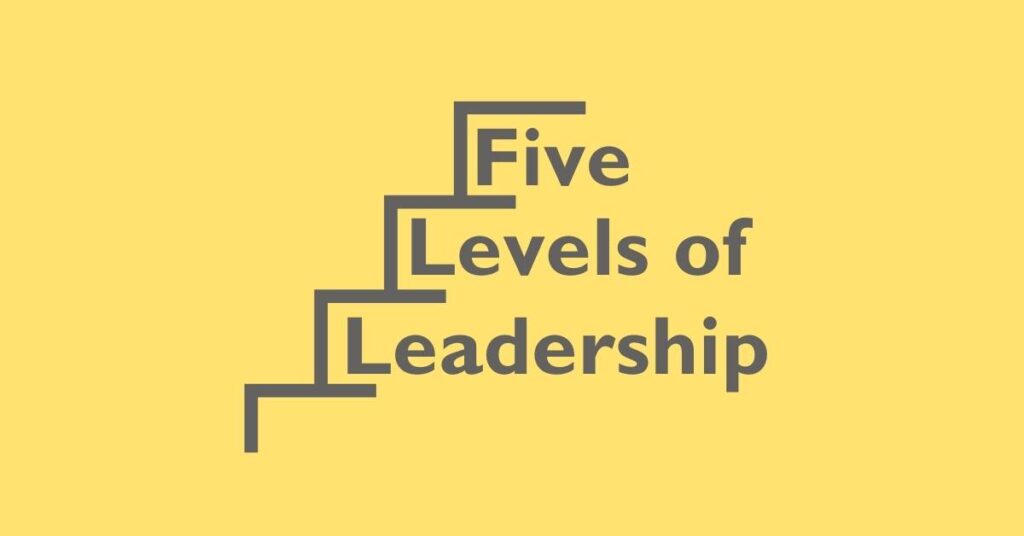Do you struggle to brush your teeth?
Is it a chore for you to brush your teeth? Do you need “motivation” to do it? Or is it even something you forget to do?
The answer to those questions is probably, or hopefully, no.
So, if it’s so easy to brush our teeth, why is it so hard to get our work done? What can we take from brushing our teeth? It doesn’t require any motivation because there’s no resistance.
We don’t have to fight it. We don’t have to try. We don’t even have to think about it. We just do it.
Why?
School Taught Us Structure Without Us Knowing
Do you remember school? Every. Single. Day. Monday to Friday. 8:30 to 3:10. I loved it. I looked forward to going to school for more reasons than I can afford to go into in this post.
But at the time, I didn’t realise how essential that routine and regularity were until it was all gone.
Throughout my education, I had the routine of going to school and sixth form every day. Afterwards, I continued working door-to-door sales for another 2 years, 10 to 10. Each day would be different, but the structure and routine held up each day as the internal skeleton. By the time COVID had done most of its damage, I had quit and was not in education either.
All my routine went to nothing, and I fell down a mental spiral. While the lack of structure wasn’t the only cause, it still was a big factor at the end of the day.
It’s only now, years later, that I’m realising and understanding how necessary structure and routine are, not just for mental health but also for work, productivity and growth.
Brushing Our Teeth Is Baked into Our Day
So, back to the original question: “Why isn’t it a chore to brush our teeth, and it’s so easy, but still so hard to get our work done?
The answer to that question is no because it’s a routine. We don’t see it as a chore because it’s a part of our day.
It’s just baked into the day, the same way waking up and going to sleep is. It’s as much a part of our day as our arm is a part of our body. We don’t say, ‘I have to brush my teeth today”, it’s just implied.
So, it’s nothing you have to think about or plan for. There isn’t even any mental friction to overcome; your brain just sees it as part of your day. It’s just routine.
Make Your Regular Tasks Integral to Your Day
Everything else is so often difficult because we make them secondary, separate from our day-to-day.
With everything else, we say, “I have to post something today” or “I have to revise my lecture notes”. We treat our tasks and work as separate entities in our day. We make our day the cake and our responsibilities as the icing and sprinkles. When really, our day should be the base, and our responsibilities are the cake itself.
We have to make the shift and treat our work and responsibilities as the norm, as much as brushing our teeth is. Treat it as ‘same old, same old’. ‘Nothing special, just another day.’ The truth is, our day and responsibilities are one and the same thing.
Shift from external tasks to a more integrated part of your day. In the same way, you don’t see brushing your teeth or eating breakfast as a to-do. Neither is going to the gym or writing that report. It’s just another normal day.
But these things have to be something regular. Making that shift should help, and you won’t have as much friction or anxiety to get it done.
When these consistent tasks become a habit and a normal part of your day, success and growth will be a normal part of your life.
PS: It’s also a similar concept and idea to being something instead of doing something. I’ll write another post about operating from the identity of over the action. You can read it yourself, but the basic premise is shifting from, for example, “I write….” to “I’m a writer.” When we shift from “I do x” to “I am an x’er”, we make that thing part of our internal character rather than an external action or hobby. In that change, there’s a stronger, intuitive drive and inclination to be and do that thing.



